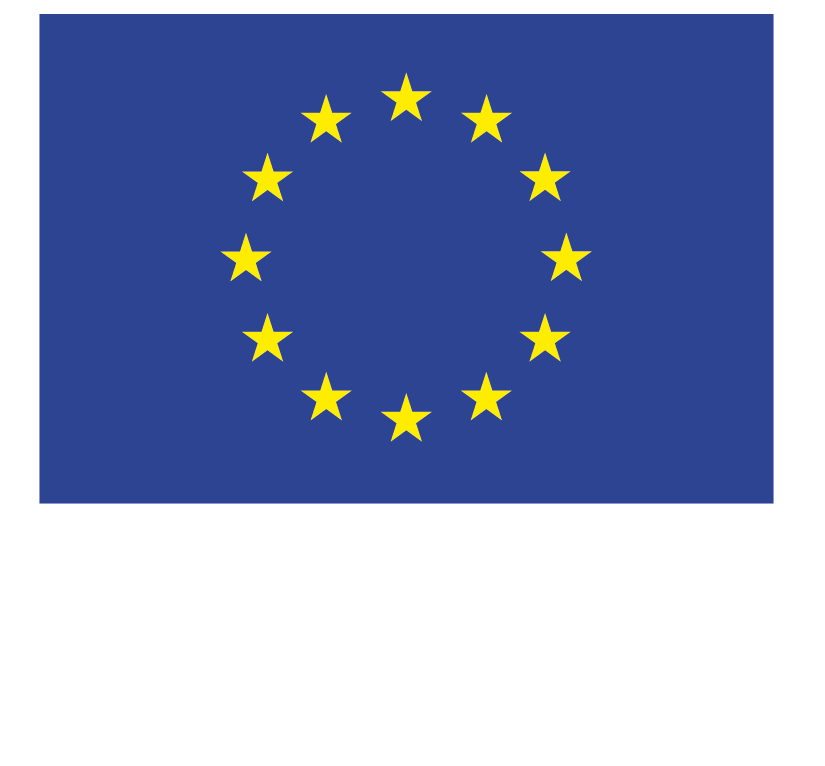In a world that thrives on collaboration and shared knowledge, the significance of effective training cannot be overstated. Enter the International Train the Trainer Week for the EU Navigate project – an intervention designed to address the physical, psychosocial, and spiritual needs of older people with cancer and their families. Held at the heart of Brussels, this week-long ‘Train the Trainer’ brought together trainers from six European Union countries, creating a melting pot of experiences and expertise. The objective was clear: to empower these trainers, enhance their training skills, and ensure their familiarity with the core components of the EU Navigate program.
Meet the Architects: the international trainers
Leading the effort as the international trainer for this project is Else Gien Statema, a seasoned professional armed with a master’s degree in Organizational Psychology and Training-and-Development. With over 8 years of experience in translating research outcomes into actionable communication training programs, Statema’s expertise guided the week’s activities.
Another key influence on the EU Navigate project’s training week was Professor Dr. Barbara Pesut, one of the developers of the original Canadian project called Nav-CARE®. As a Professor in the School of Nursing at UBC’s Okanagan campus, Dr. Pesut’s decade-long association with the Canadian project brought a wealth of experience.
Development: A Transatlantic Bridge
Before Train the Trainer Week, international trainer Else Gien Statema journeyed to Canada. The goal was multifaceted: to engage with the minds behind the original project, observe Nav-CARE® in its original contexts, and collaboratively design the agenda for the international training week. This transatlantic bridge provided a unique opportunity to exchange insights, refine content, and tailor training approaches to suit the European context.
A Week of Exchange and Enrichment:
The vibrant heart of Brussels served as the backdrop for an intensive week of learning, collaboration, and cultural exchange. The participating trainers from different European countries discovered a dynamic learning environment that deepened their understanding of the EU Navigate project’s core components and improved their training techniques. Through engaging role plays and case studies, the trainers gained hands-on experience in applying the project’s principles.
The week also prioritized discussions on cultural adaptations—an essential facet when working across diverse European nations. Room for individual feedback encouraged the trainers to actively participate in shaping the program to better suit the needs of their respective countries.
Closing the Circle of Empowerment:
As the International Train the Trainer Week ended, a tangible sense of enthusiasm resonated among the country trainers. The evaluation of the week was overwhelmingly positive, which showed the efficacy of the carefully planned Train the Trainer week. However, the week did not mark an end but rather the beginning of ongoing collaboration. As, the country trainers are not only set to continue their journey armed with developed materials and experiences. They also regularly share insights through monthly online follow-up sessions organized by the international trainer, Else Gien Statema.
In conclusion, the International Train the Trainer Week for the EU Navigate project exemplified the power of international collaboration, experiential learning, and the exchange of expertise. As trainers returned to their respective countries, they carried with them newfound knowledge and a sense of unity and purpose that will undoubtedly drive them to give excellent training sessions on the EU Navigate project themselves. We simply cannot wait to see the results!
Blogpost written by Fien Van Campe






Comments are closed